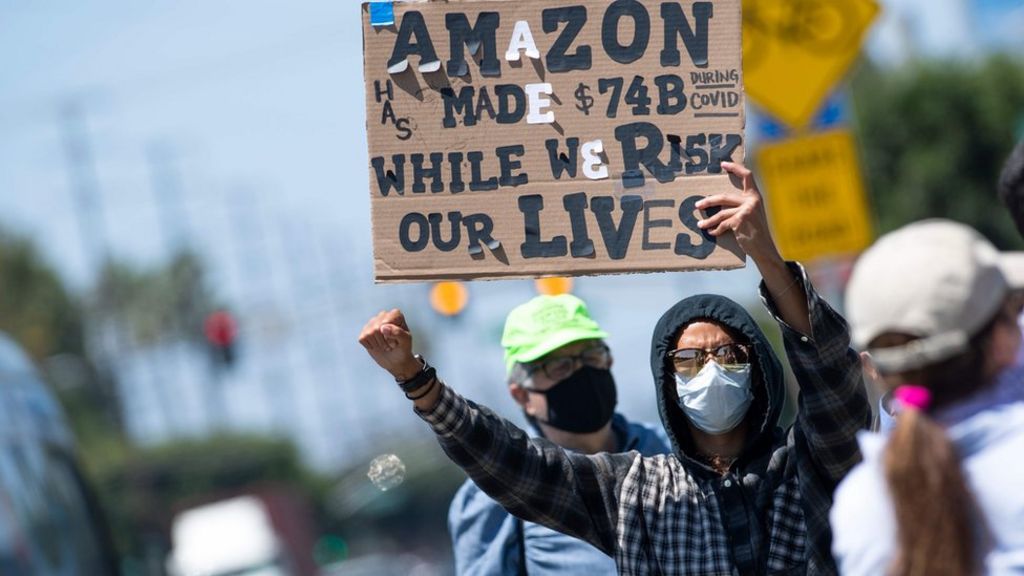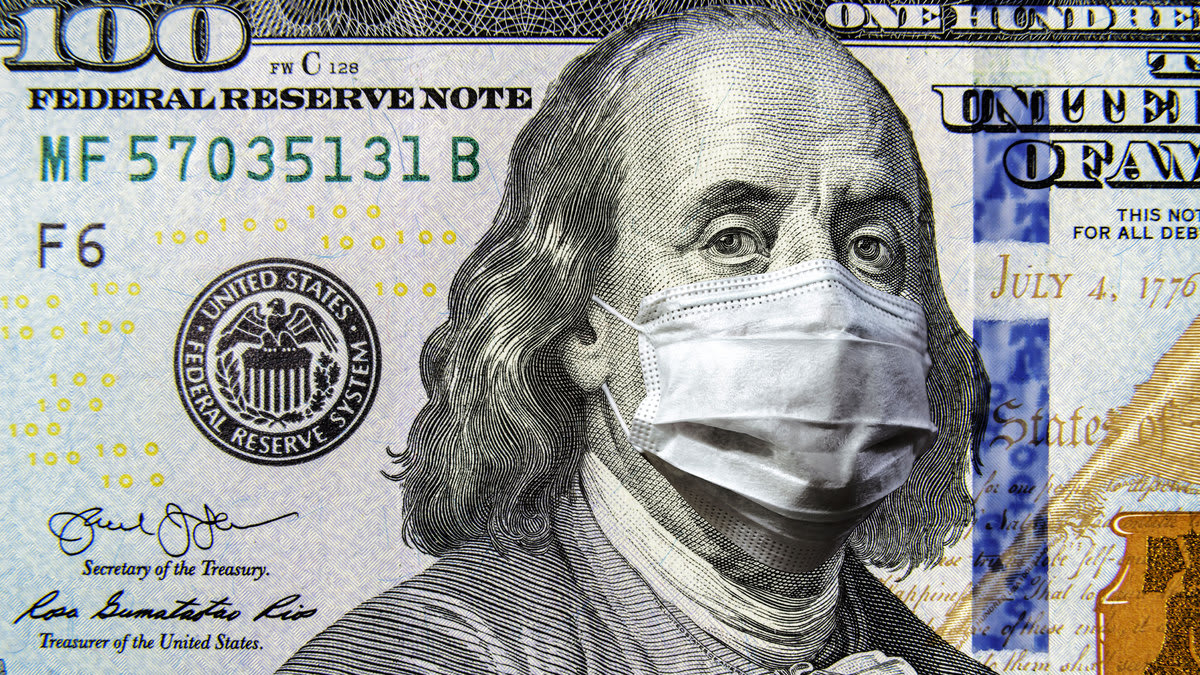
As the country reaches the sorrowful milestone of 100,000 dead from covid-19, there is much discussion of the unequal distribution of fatalities around the country. Instead of focusing only on which cities lost the most lives, we should also be analyzing what portion of the deaths occurred in the workplace. The latter is part of one of the biggest scandals of the pandemic: the extent to which employers are being allowed to put workers in high-risk situations, with little or no intervention from health and safety regulators.
Since the coronavirus crisis began, we have seen contradictory tendencies when it comes to at-risk workers. There has been an enormous amount of justified praise for front-line nurses, doctors, EMTs and others who have been helping covid patients. The nightly applause and other demonstrations of appreciation are important affirmations of the vital role these workers play.
Their efforts are all the more heroic in that most of these workers readily accepted the risk, seeing it as part of their professional responsibility to help those in need, despite the circumstances.
Potentially fatal workplace risk becomes a trickier matter for other occupations not usually regarded as hazardous. Prior to the pandemic, no one ever took a job in a supermarket expecting to put his or her life on the line. Warehouse and factory jobs have had higher accident rates, but in most cases they were still not viewed as deadly environments.
Now the calculus of workplace safety has become a lot more complicated, and the situation is being exacerbated by the Occupational Safety and Health Administration’s abdication of its watchdog role. OSHA is performing very few covid-related inspections and reportedly has not proposed a single penalty against an employer.
The agency has claimed it plans to increase inspections, and it put out a statement affirming that employers are responsible for recording coronavirus illnesses among its workers. Yet it is unclear whether that data collection will have any enforcement consequences. The agency’s announcement states: “Recording a coronavirus illness does not mean that the employer has violated any OSHA standard. Following existing regulations, employers with 10 or fewer employees and certain employers in low hazard industries have no recording obligations; they need only report work-related coronavirus illnesses that result in a fatality or an employee’s in-patient hospitalization, amputation, or loss of an eye.”
Perhaps the most disturbing workplace safety situation involves the country’s meatpacking plants, which have seen some of the worst clusters of covid-19. The Trump Administration, after resisting calls to make full use of the Defense Production Act to address the crisis regarding masks and ventilators, chose to invoke the law to compel meat plants to open even before the outbreaks were brought under control.
Rarely has a President made it so clear that the he was giving the well-being of workers lower priority than the desire to stimulate economic activity. What made things worse in this case was that the stimulus took the form of increasing the nation’s supply of ground beef and bacon strips.
In the decades following the creation of OSHA, annual workplace deaths sharply declined from around 17 per 100,000 employees to around 4 per 100,000. The Trump Administration’s two-pronged attack on safety threatens to reverse that trend.
There are already signs that people are resisting. We’ve seen increased militancy over safety at places such as Amazon.com distribution centers, and we’ve seen the filing of a class action lawsuit against McDonald’s. Widespread work stoppages are possible. One way or another, workers will defend their right to safety on the job.

